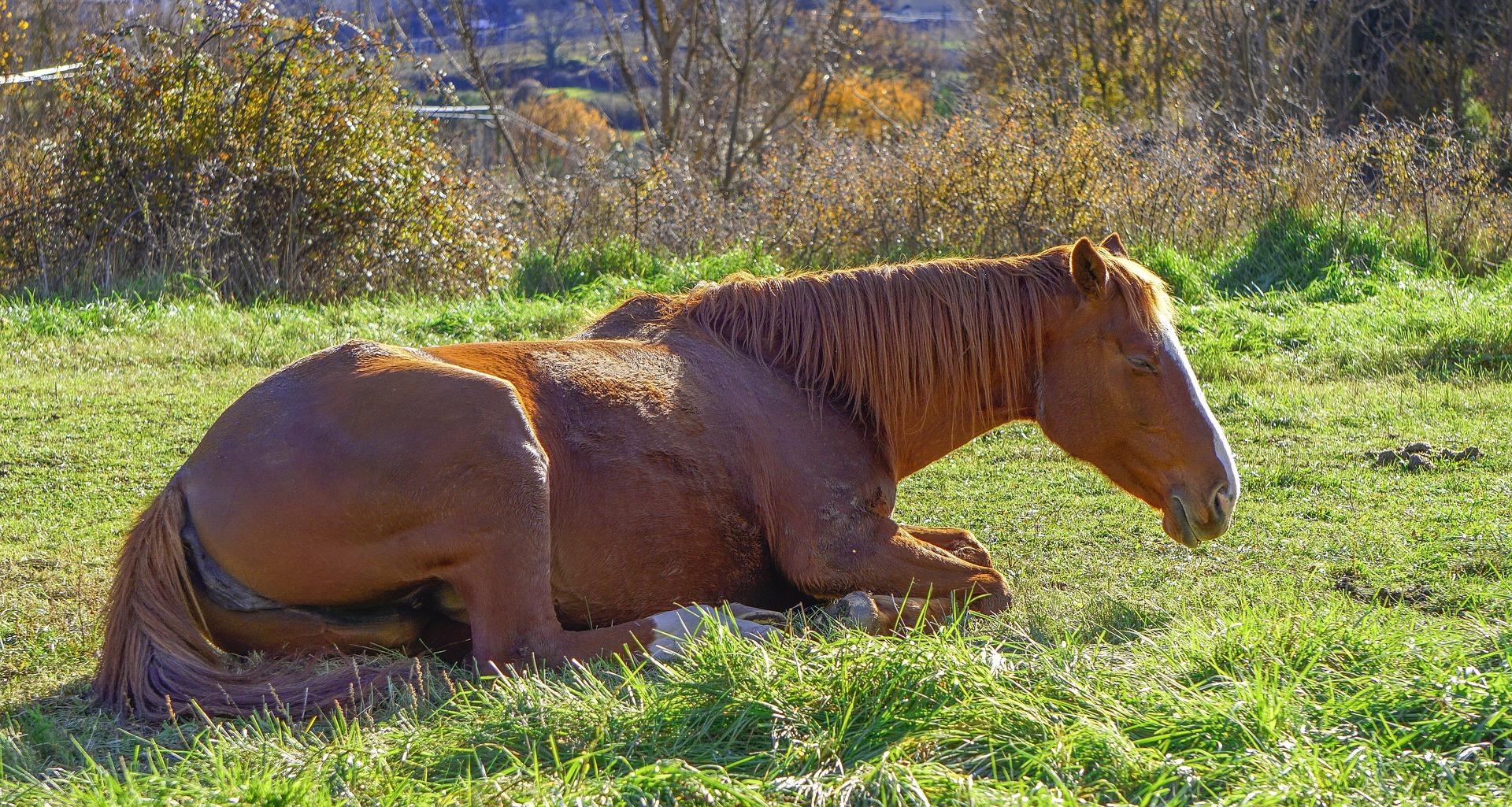
Weekend Wellness: Signs Your Horse Needs Body Work
As we head into the weekend, your horse’s wellness is on our mind. This Friday, we’re focusing on how to recognize your horse may be in need of body work.
As conscientious horse owners, we want to ensure that our equine partners are comfortable, feeling their best, and able to perform the tasks we ask of them. Whether a horse is a casual pleasure mount or a high performance reiner or eventer, the horse’s comfort – or lack thereof – can greatly impact its ability to perform. Therefore, being aware of a horse’s muscle and joint health is imperative not only for the horse’s comfort and well-being, but also for its ability to succeed at the job you are asking it to do.
Identifying when a horse needs body work sometimes can be obvious, but subtle symptoms may also present themselves. So what should you look for while working with your horse? Signs and symptoms manifest themselves differently depending on the activity in which you are engaged. Below are some warning signs that you should pay attention to when you interact with your horse.
While Grooming:
- Any heat or swelling
- Knots or tension in muscles (if you’re not sure what this looks or feels like, think about how knots in your back feel when you have tension)
- Abnormal or asymmetric muscle development
- Signs of irritation when grooming or touching certain areas – especially if this irritation increases over time; this can include, but is not limited to
- pinned ears
- muscle spasms/twitching
- pawing
- stomping
- tail swishing
- head tossing
- leaning or moving away from touch
- biting at the air or handler
Under Saddle:
- Shortened strides
- Tripping
- Difficulty collecting
- Difficulty bending
- Hollowed out back
- Difficulty reaching under him/herself
- Head tossing
- Bucking
- Rearing
- Kicking out
- Breaking down while doing tight circles/turns
- Relying on neck or shoulders to balance as opposed to abdominal muscles and topline
General Demeanor/Behavior:
- Decreased appetite
- Subdued when turned out
- Stiff movement at any and all gaits
- Shortened strides
- Dragging feet
- Tripping
- Teeth grinding
- Unusual posture
- Abnormal sweating (when it’s cold out or the horse hasn’t been exercising, for instance)
- General look of discomfort
These signs are by no means all-inclusive, but they can give you an idea if your horse is trying to communicate that it is in pain or uncomfortable. Also important to remember is that you know your horse best. Some horses naturally are more reserved or stoic, so observing subdued behavior during turnout may not be out-of-the-ordinary. Pay special attention to abnormal or new behaviors, especially if they seem to be negative changes.
If you’re not certain about the symptoms your horse exhibits, ask for a professional opinion. Most equine service professionals should be able to tell you objectively if your horse needs body work and what the telling signs are.
So, you’ve determined your horse is in pain. Now what?
Determining the type of body work your horse needs can be much more difficult and nuanced. Equine body work treatments vary widely and options include everything from traditional services such as farrier work and dentistry to sports massage, acupuncture, chiropractic work, and more. There is also a range of products on the market that can offer relief for your horse (or at least promote their therapeutic benefits).
Each product and therapy can offer benefits and, like people, every horse has its own tolerances and preferences. If your horse presents with body soreness that you believe is related to sore muscles due to increased workload, a generally demanding schedule (performance horses, for instance), or poor riding, sports massage, PEMF (pulsed electromagnetic therapy), or other muscle-focused services may be the best choice. If the imbalance or pain seems to be musculoskeletal, chiropractic work may be more fitting. If general relaxation and improved demeanor are the primary goals, sports massage, Reiki, vibration therapy, among others, may be options. Talk to the professionals in your area. Compare knowledge base, experience, services, and pricing. Finding the treatment (or combination of treatments) that works best for your horse takes time and patience, but doing so can yield excellent results for you and your horse.
No matter what types of body work services you have done on your horse, having a quality vet, farrier, and dentist is paramount. Remember, no body work service or product can replace proper veterinary care or diagnose or treat a disease. However, it can provide complement to quality veterinary, farrier, and dental care; it can be a piece of the puzzle that keeps your horse whole and feeling his/her best.









Leave a Comment